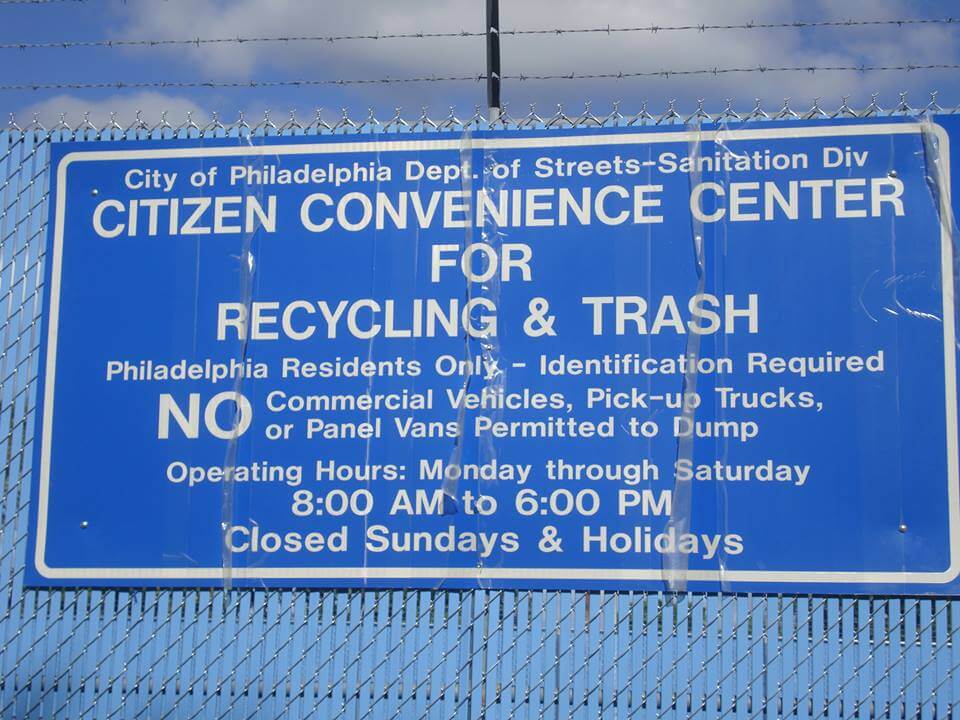Rotting garbage has its benefits, not the least of the which includes an ability to be converted into a renewable energy source called biogas.
And, Philadelphia wants in on even more sweet rotting garbage action.
The Atlantic’s CityLab reported that, for years, Philly “has culled food scraps and other types of organic detritus from the waste stream for conversion into biogas, which the city turns around to power its wastewater treatment facilities.” With that in mind, many more kitchen garbage disposals are coming to the city.
Writing for Philly Mag, James Jennings explained, “While some have been discussing about the benefits of a 10-year tax abatement or holding out for a roof deck with skyline views, the city dropped an interesting wrinkle into the building code that took effect on January 1: all new residential construction must have in-sink garbage disposals.” RELATED: Philly City Council passes bill raising car registration fee “More disposals directing pulverized food waste into the city’s processing plant means more biogas that the city can rely on,” CityLab added. “The requirement will also cut back significantly on how much the city spends on lugging solid food waste from homes to landfills.” Philadelphia’s recycling director Phil Bresee told CityLabthe lighter bags of garbage will save the city an estimated $3 million annually.
For decades, Philadelphia has been ahead of the curve in terms of recycling and waste disposal. In 1988, for instance, the New York Times called the city’s recycling ordinances “some of the most stringent mandatory recycling laws in the country.” On a practical basis, the building code change simply means that newly constructed houses ought to have garbage disposals in their sinks. Any biological material that can’t be chopped up by the razor sharp gizmos should be put out with the garbage as usual, of course. While you’re putting out that garbage, or buying a new house with a garbage disposal in the kitchen sink,don’t forget: Recycling in Philadelphia is still mandatory.
Philly makes garbage disposals mandatory, will convert rotting materials into renewable energy

Philadelphia Streets Department/Facebook





























